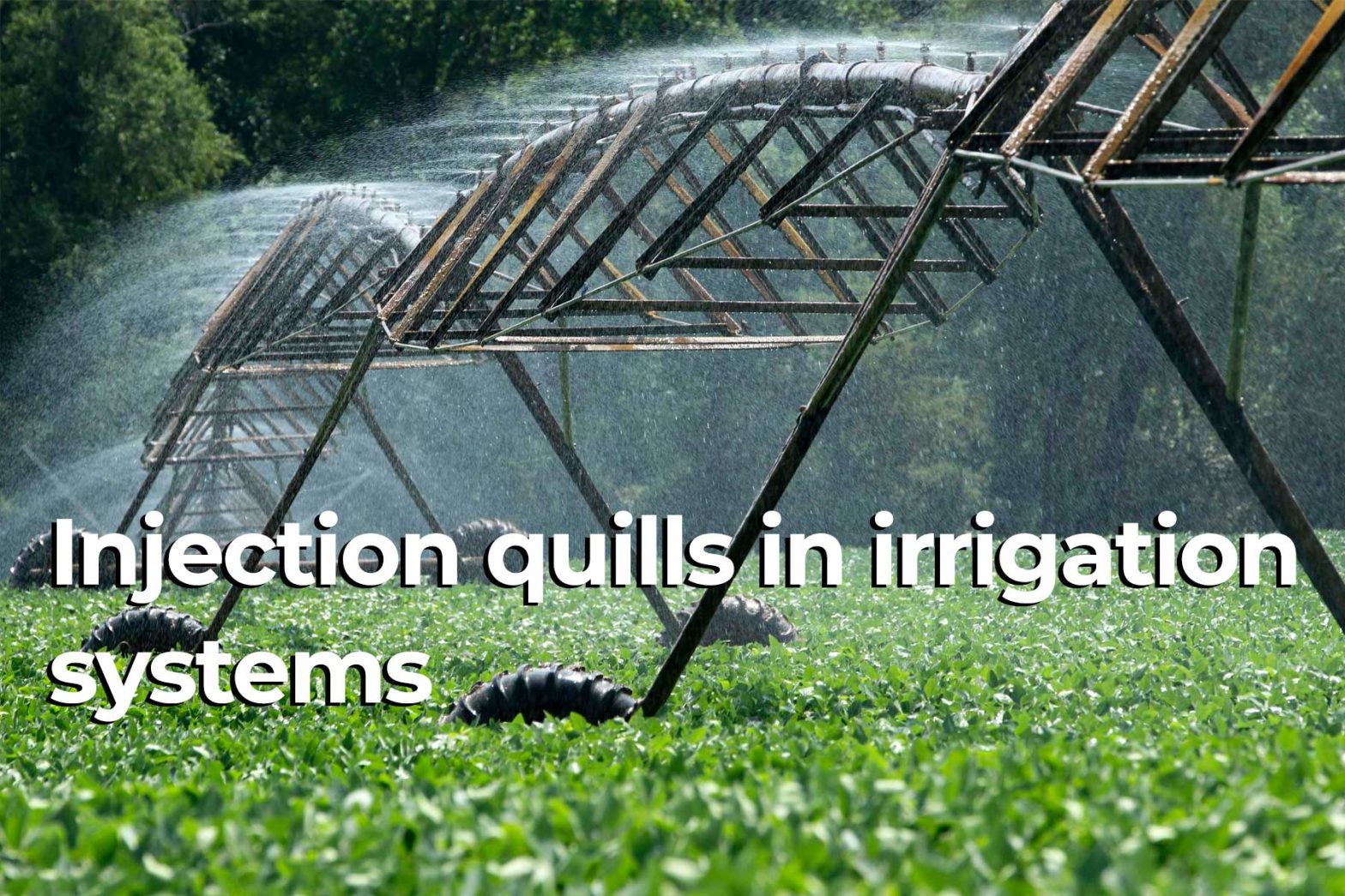Challenges of accurate dosing of chemicals in irrigation systems
Accurate dosing of chemicals in irrigation systems can be challenging for a number of reasons:
- Variability in water flow: Irrigation systems can experience fluctuations in water flow, which can make it difficult to maintain a consistent chemical dosage.
- Variability in water quality: Irrigation systems can also experience variations in water quality, such as changes in pH or dissolved solids, which can affect the effectiveness of the chemicals used.
- Complexity of irrigation systems: Irrigation systems can be quite complex, with multiple components and multiple points of injection, making it challenging to ensure accurate dosing throughout the entire system.
- Weather factors: weather conditions such as temperature, wind, humidity, and precipitation can affect the chemical’s efficacy and may require adjustments of chemical dosage.
- Human error: Chemical dosing can be labor-intensive and requires close monitoring and attention to detail, which can be prone to human error.
- Inadequate equipment: using an inadequate or malfunctioning chemical injection equipment can make it difficult to achieve accurate dosing.
- Limited access: it can be challenging to access and maintain injection quills in remote or hard-to-reach locations in irrigation systems.
To overcome these challenges, it is important to use high-precision chemical injection equipment and to have proper procedures in place for monitoring and adjusting chemical dosing as needed. It’s also important to use chemical injection equipment that is appropriate for the specific application, and to have a well-trained and experienced staff to operate and maintain the equipment.
How injection quills meet these challenges
Injection quills are used in irrigation systems to accurately dose chemicals in several ways:
- Metering pumps: These pumps measure and dispense a precise amount of chemical into the irrigation system. The flow rate of the pump can be adjusted to achieve the desired dosage of chemical.
- Ratio controllers: These devices measure the flow of water in the irrigation system and adjust the chemical injection rate accordingly.
- Timers: These devices are used to control the duration of chemical injection, which can be set to match the flow rate of the irrigation system.
- Flow meters: These devices measure the flow of water in the irrigation system and display the information to the operator, allowing them to adjust the chemical injection rate accordingly.
- PLCs: (Programmable Logic Controllers) are electronic devices that control chemical injection rate and dose according to pre-programmed instructions, and can also be connected to sensors to monitor water flow, pH, temperature, and other parameters
- Automated systems: Automated systems can be integrated with the irrigation system, which allows for continuous monitoring and adjustment of chemical dosing based on real-time data and sensor inputs.
To ensure accurate dosing, it is important to use high-precision chemical injection equipment, and to have proper procedures in place for monitoring and adjusting chemical dosing as needed. It’s also important to use chemical injection equipment that is appropriate for the specific application, and to have a well-trained and experienced staff to operate and maintain the equipment.
Crystal Industrial Syndicate from India, makes a range of custom injection quills for a variety of industrial processes. Our injection quills are manufactured in India and comply with the world’s most stringent certifications. Our products are installed around the world, from North America and Europe to Africa and the Middle East. Contact us to know more about how we can support your injection quills requirements. Contact us
Copyright © 2023 by Crystal Industrial Syndicate Pvt Ltd. All rights reserved. www.crystalindustrial.in
